Gaining a full understanding of the current situation in Congo is nearly impossible
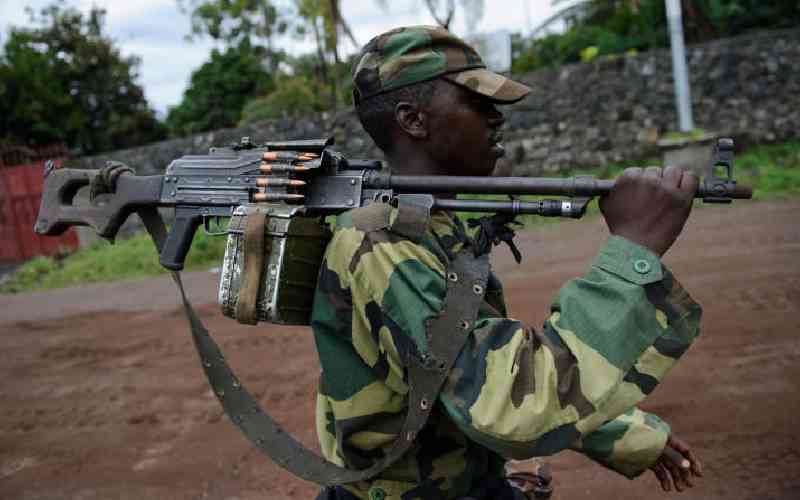
It is virtually impossible to summarize the complex context of Congo in a few sentences, let alone in a single article. The internal "kitchen" of Congolese politics is filled with contradictions, and the overall mindset of the population is difficult for outsiders to grasp. Over recent years, I have compared Congolese politics to the thorny "Gordian knot" that Alexander the Great supposedly cut through with his sword. This analogy remains valid, with the difference that in recent months, the knot has become even thicker. We will focus on the key hot spots and main observations:
Tshisekedi has limited options left
His attempt to secure American support to combat the M23 has ended bitterly; it is now clear that reaching agreements with him is impossible. A significant rapprochement has occurred between Rwanda and the United States, as Rwandans tend to honor their promises, unlike Tshisekedi. The question now is: who else can he turn to for additional support? Uganda is too preoccupied with pillaging the northern region to make any substantial involvement. South Africans have had to retreat from Goma, and Kenya and Angola have also declined assistance. The only figure still supporting Tshisekedi is Burundian President General Ndayishimiye, but his position remains fragile. Many anticipate regime change in Burundi soon. The only way for Tshisekedi to gain leverage might be through a larger-scale war: he has sent troops and matériel into the region, but this also benefits the M23 rebels, who are waiting for an opportunity to definitively oust the Democratic Forces for the Liberation of Rwanda (FDLR) and disarm the wazalendo. Tshisekedi’s recruits are poorly trained, and the new weapons supplied to them will only bolster the already substantial arsenals of the M23. His attempt to convince the outside world to be willing to shake hands with Kagame if he would withdraw the M23 from the Kivu provinces was pathetic because everybody knows by knows that his quarrel with the M23 is an internal Congolese affair.
A full-scale war between Burundi and Rwanda is also part of the worst-case scenario, but both the M23 and Kigali are already well-prepared. Even Maxime Prévot, Belgium’s Foreign Minister who previously supported Tshisekedi’s approach, recently took a more cautious stance during his speech before the Belgian Parliament. Previously, the American special envoy for the Great Lakes region had declared that the conflict between the M23 and the Congolese army was an internal matter within Congo, avoiding direct mention of Kigali, which is accused—rightly or wrongly—of intervening to exploit mineral resources and annex parts of the Kivus. It now appears that Rwanda has scored a diplomatic victory over Kinshasa: their argument that they are stabilizing the region economically has been effective, and the Americans have come to understand that it’s better to do business with Kigali than with Tshisekedi. Prévot likely realizes that his attempts to demonize Rwanda have been excessive. Germany has recently pledged to strengthen its support for Kigali.
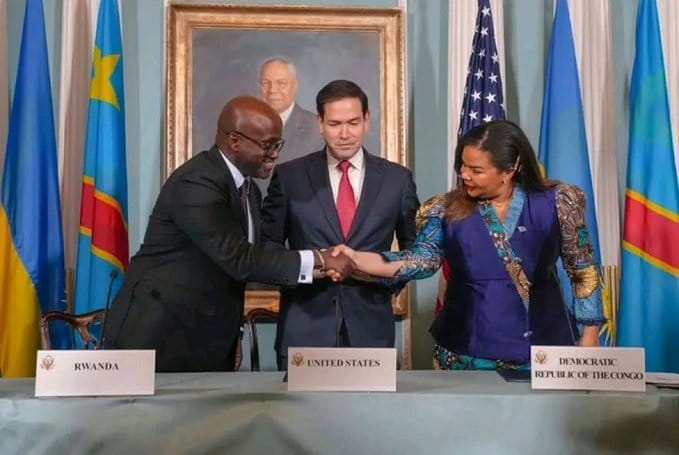
The M23 is militarily strong but faces administrative, political, and structural challenges
According to my sources—mainly interviews with M23 members, but also a couple of foreign observers —the group is primarily awaiting a broader offensive by the FARDC (Congolese Armed Forces), FDLR, and the wazalendo coalition to strike back fiercely, expel the FDLR from liberated zones, and disarm the wazalendo. They also hope to push Burundi’s army beyond their borders to further weaken the regime in Bujumbura. This would enable them to better organize their administration within controlled areas and reinforce their military position against Tshisekedi, aiming for a total failure of his government. While Corneille Nangaa and Joseph Kabila continue operating from Goma, with Nangaa claiming that he wants to bring his recruits to Kinshasa, few believe this will happen. The AFC-M23 coalition was mainly created to counter criticism claiming that the M23 is a Rwandan proxy operation aimed at annexing part of Congo. Nangaa is seen as an instrument of this project, and Kabila has been brought in to increase pressure on Kinshasa. Everyone plays their part, but hardcore M23 members do not trust these figures. Many hope that a military defeat for Tshisekedi will create a political vacuum in Kinshasa, allowing other actors like Kabila, Nangaa, or Katumbi to assert themselves and prepare for a transition to new elections. Goma and Bukavu could then free themselves from their shadow, and the M23 could solidify its administration in North and South Kivu, making any future attempts by Kinshasa to retake control impossible. This would, of course, come at a significant cost to the central government, with other regions such as Katanga, Kasai, Bas-Congo, and Équateur potentially joining this process.
Within the M23, there is an increasing discussion of establishing a federal state where each region would ensure its own security, including the return of Tutsi refugees to their areas. The situation remains fragile, as the group’s administration remains weak. However, changes are underway: a police force has been established to secure Goma, and Makenga has had to discipline some of his close associates accused of corruption, theft, or abuse—particularly concerning coltan sectors or land management. Media outlets like Africa Intelligence have even published specific names of officials who have been sanctioned. The situation in Goma and Bukavu has become tense, with insecurity and corruption reaching critical levels—so much so that no one can ignore it anymore. Even Makenga’s brother was briefly jailed, but few concrete sanctions followed. The message is however clear: it’s time to put an end to theft, kidnapping and monkey-business.
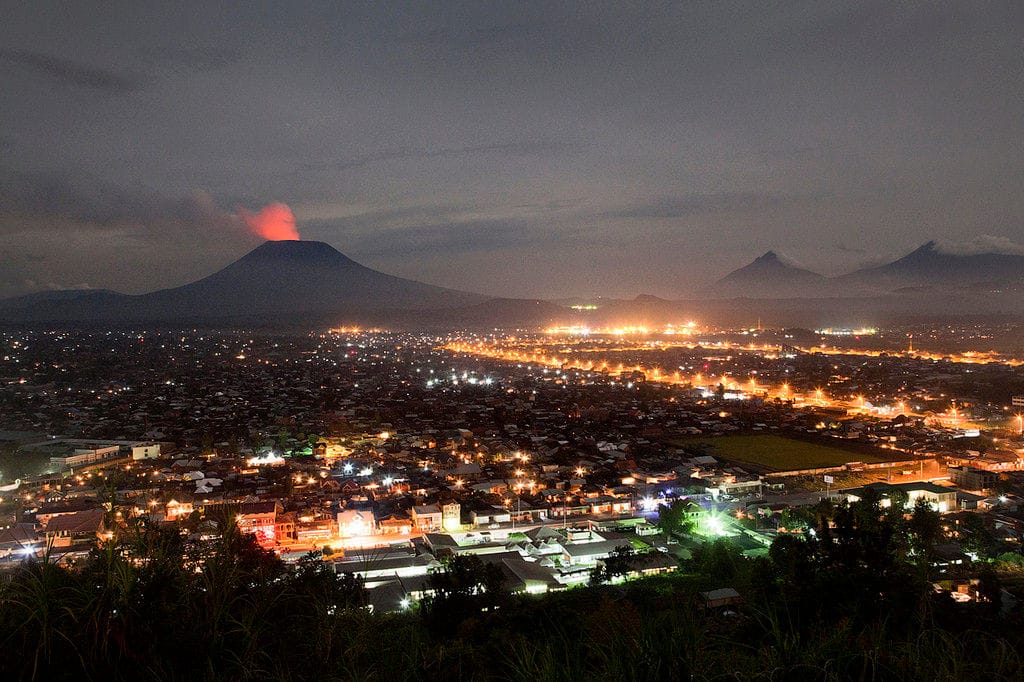
Pro-M23 observers remain cautious regarding the group’s long-term stability. Their strategic vision is still lacking, f.i. concerning media management and relations with foreign press, which are often mistrusted or marginalized. Many journalists are denied access, limiting transparency and once they are on the spot too often treated like little kids and sometimes insulted. During a conversation with Bertrand Bisimwa, who remains very open to dialogue, I understood indirectly that the M23 leadership is aware of these issues and is working to improve, emphasizing that Rome was not built in a day.
The M23 does not officially seek to separate the Kivu from Congo, but it’s clear they no longer want to leave space for the old Kinshasa administration. Most leaders, including the most intelligent, lean toward some form of confederation, granting the region greater autonomy—particularly for security and the return of Tutsi refugees. Economic cooperation with Kigali is encouraged, and some envision moving toward a federalist model, which could trigger a domino effect in other areas. My contacts are not overly concerned about such a scenario; rather, they see it as an opportunity.
Rwanda’s priority is the total neutralization of FDLR and a regional economic revival in the Kivu region
Recently, a former member of the UN Group of Experts claimed that Rwanda maintained two RDF divisions on alert in North- and South-Kivu. However, my sources strongly dispute this. What I do know is that Rwanda closely monitors developments at the frontlines and in areas controlled by the M23. The UN experts have failed to produce concrete evidence of this presence, and several foreign actors are adjusting their perceptions of the situation in Central Africa, realizing they may have misjudged the target. Human Rights Watch and Amnesty International have also failed to substantiate these claims.
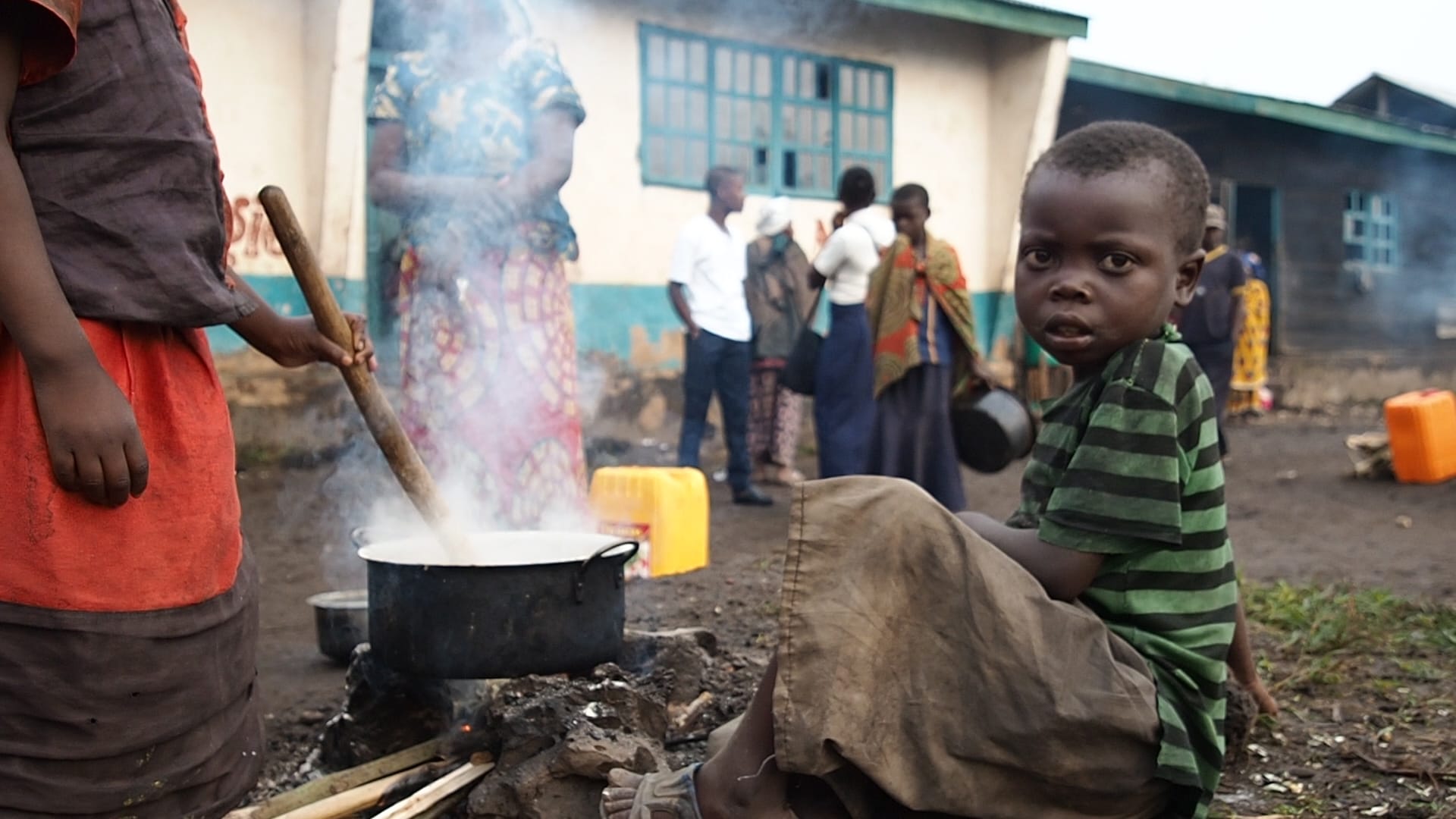
Rwanda has skillfully navigated its diplomatic game, especially in response to Tshisekedi’s recent visit to Washington to court American support. Although the Congolese president refuses to sign agreements, Rwanda has succeeded in convincing the international community that Tshisekedi is unreliable and struggling to stay in power. The U.S. now considers the conflict between the FARDC and M23 as an internal matter, and Prévot has criticized the death sentence handed to Kabila. Belgium has recognized indirectly that its policy of demonizing Rwanda could backfire in the future. Moreover, countries like Germany have announced increased support for Kigali. In the United States, partnerships with football and basketball clubs have been established, often called "sportswashing" by critics. However, it’s hard to fault Rwanda for promoting its country, especially when tourism plays a key role. The success of the recent world cycling championship, which thrilled many international fans, exemplifies this.
Rwanda does not seek to annex the Kivu provinces but aims to help develop the region for the benefit of both Congolese and Rwandans
Rwanda does not intend to annex the Kivus but wants to support the region’s development in a way that benefits both Congolese and Rwandans—through an official and functional border, respecting import and export rules, and so on. Rwanda’s business community is already ready to invest in this dynamic. Kigali aims to legally import and process minerals. What Rwanda’s detractors have yet to consider is the enormous tourism potential contained within the two Kivus. Especially considering that, currently, in Uganda, national parks are being converted into oil platforms.
The total elimination of FDLR remains a priority for Kigali. What has received less attention in recent months is the fact that most families of FDLR fighters are almost daily being expelled towards Rwanda, further isolating these armed Hutu extremists. Should the M23 launch a major counteroffensive, the FDLR might have no choice but to flee to Burundi. But everyone is wondering: how much longer can the Burundian regime, under General Ndayishimiye, withstand the pressure? It appears that the Burundian president is receiving money from Tshisekedi to send troops to fight the M23, but his soldiers—who are falling in dozens—are tired of being used as cannon fodder.
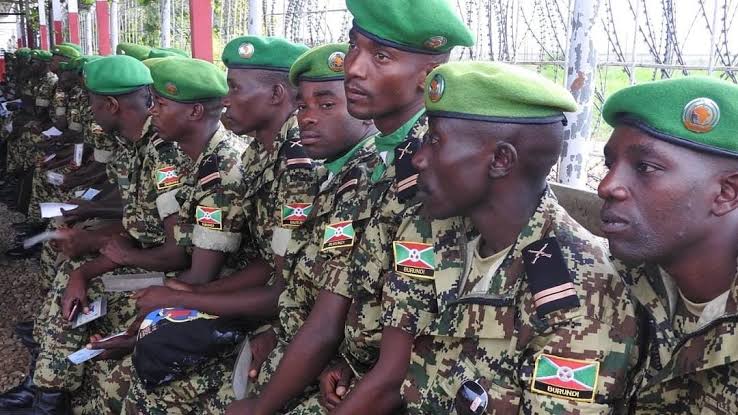
Bujumbura airport is also used by FARDC to launch drones. It’s unlikely that the M23 would pursue the FDLR or FARDC all the way to Bujumbura in case of an attack, but many believe that the Ndayishimiye regime could eventually implode. Even if the M23 manages to occupy Uvira or Bujumbura, or to take Kalemie through indirect routes, it could trigger a regime change in Bujumbura. Today, the country is led by a class of corrupt leaders; the people are fed up and demand change.
The next steps
It’s not impossible that, if the M23 launches a decisive offensive, the international response remains moderate. Tshisekedi continues to support the FDLR and wazalendo, adopts an increasingly aggressive stance on the ground, and is increasingly seen as an obstacle to a peaceful solution.
No one has a crystal ball to predict the future, and what I write is mainly based on my own intelligence and intuition. I could be mistaken. It’s almost impossible to obtain reliable information; those who diverge from the official narratives of the parties involved are quickly marginalized. Patrick Muyaya’s propaganda circle in Kinshasa is no longer a reference, nor is the M23’s. Our sources do not reveal anything “on the record” for fear of reprisals. In no region of Congo can journalists practice their profession freely. Anyone asking too many questions is quickly suspected, expelled, or insulted.
However, within the environment where I seek information, a trend is emerging: the goal is to definitively eliminate the FDLR, overthrow Tshisekedi by confronting him with his mistakes, form a transitional government—perhaps with mediation from CENCO—and replace Ndayishimiye and his allies in Bujumbura with a regime truly committed to stabilizing the region. But all this is easier said than done, because Congo remains Congo: figures like Nangaa or Kabila could become enemies again within a few years. Even a Rwandan child knows this. Everybody I talk to also seems convinced that a sharp sword will be needed to unravel the 'Congolese knot'.
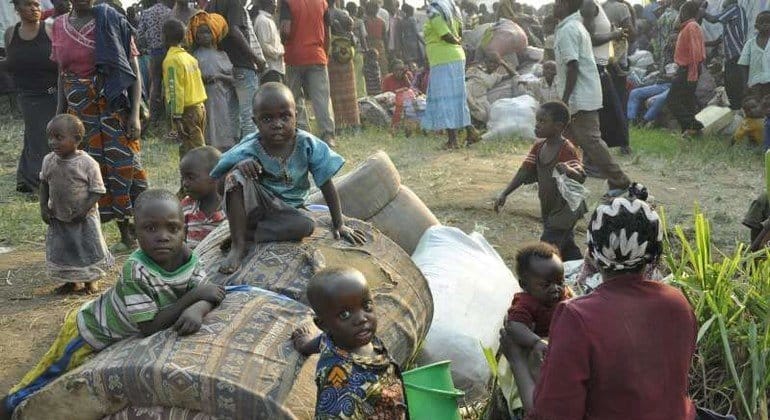
Congolese politicians are born liars. They primarily operate based on their instinct of “Article 15”—meaning they think first of themselves. To change this mentality, much more than a simple government change will be needed.
M23 leaders must also recognize that this is probably their last chance. To protect the interests of their main supporters. There is almost no talk anymore about the reintegration of the nearly 200,000 Congolese Tutsi refugees, still scattered in camps abroad. These people who lost everything in Congo do not understand why figures like Nangaa openly declare their desire to go to Kinshasa, and the complexity of the conflict is rarely explained clearly to them.
Meanwhile, the M23 has already largely ended discrimination and persecutions against Congolese Tutsis. In South Kivu, however, these discriminations persist. The FDLR and wazalendo also need to be neutralized to protect Rwanda from potential infiltrations and prevent these militias from reigniting guerrilla warfare. Many believe that one final large-scale military confrontation is necessary to achieve this goal. Neither the M23 nor the Rwandan government have ever wanted this war.
I have been in this region for years. I am not a Kagame parrot, and I have my own issues with local authorities. Sometimes I just want to give up following up on this situation, go back to Europe and forget about it. But for Kinshasa, the wars in Kivu have always been a pretext to mask the corruption of its leaders. The M23 quickly gained strength and received significant moral support from the Rwandan side. When it became clear that the FDLR was planning to destabilize Rwanda once again and that they were mobilizing the local Hutu population in the border area and recruiting youngsters to start up a new ‘muchengezi-revolt’, like more than 20 years ago, Rwanda adopted a more pro-active attitude. The international community made the mistake of clinging too long to the pseudo-legal status of the Congolese government. Today, this position is increasingly fragile. Tshisekedi’s recent poor performance in Brussels showed this clearly.
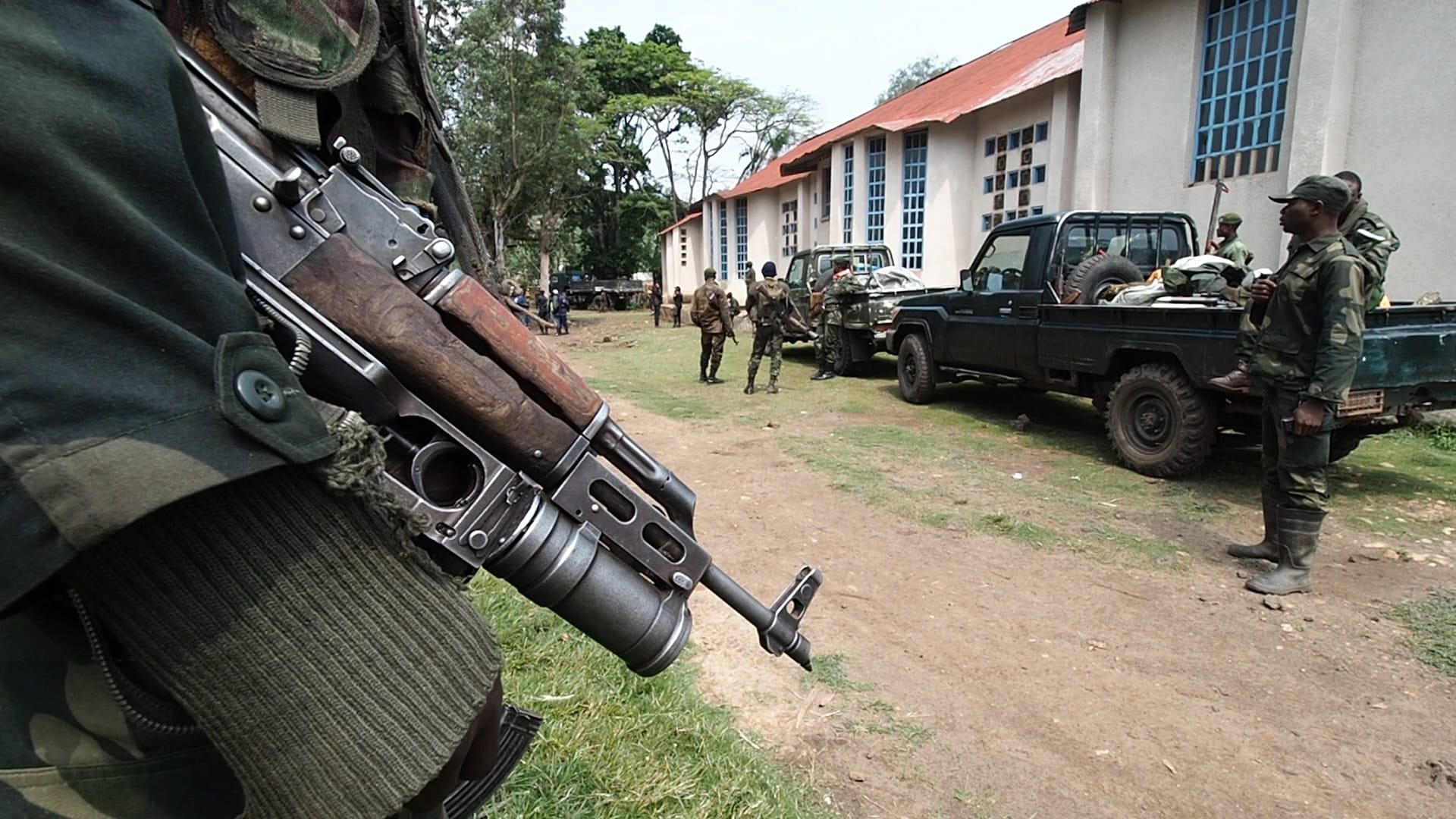
Conclusion
The narrative that Rwanda is the main culprit of instability in the RDC is weakening. Gradually, my informants hope that the M23 will focus on its initial objectives and avoid succumbing to the lure of power. They also wish for it to maintain a proper security force capable of protecting the population in the Kivus and reviving the local economy. With Tshisekedi at the helm, Congo is like a ship that sunk over a kilometer deep, with giant holes in its hull that cannot be repaired. The international community must finally understand that this vessel can no longer be saved. Other regions could follow Kivu’s example. The creation of a confederate state with increased regional autonomy could be a solution—without necessarily talking about balkanization.
I have written this with positive intentions, but I cannot turn a blind eye to the lies, hypocrisies, and dysfunctions that are manifested here. Until next time...
Marc Hoogsteyns, Kivu Press Agency
